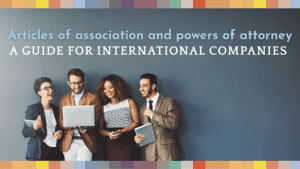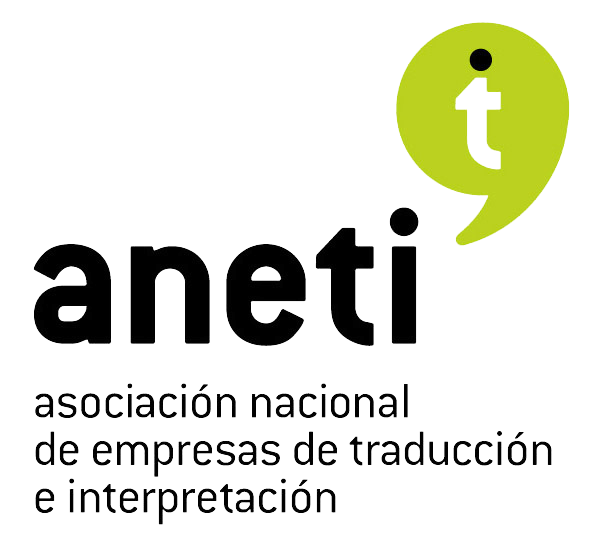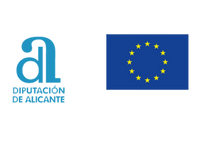When a company decides to internationalise, open a subsidiary or sign cross-border agreements, the translation of legal documents becomes crucial. Two of the most frequent texts in these processes are the articles of association and powers of attorney.
In this guide we explain what they are, why it is essential to translate them correctly and what your company should take into account if it is looking for a professional and legally valid translation.
📄 What are articles of association and powers of attorney?
Articles of association:
These are the set of rules that regulate the internal functioning of a company: from the corporate purpose, to the form of administration, the distribution of profits or decision-making. In many cases, they must be filed with Commercial Registers in other countries or in international bidding processes.
Powers of attorney:
These are documents in which a legal representative grants powers to another person (or company) to act on his or her behalf. For example, to sign contracts, to represent the company before official bodies or to carry out specific formalities.
🌍 When do you need these documents translated?
If you are going to operate outside Spain or collaborate with foreign entities, you will probably be required to have a sworn translation of these texts. Some common cases:
Opening of branches or subsidiaries abroad
Participation in public tenders or international bids
Incorporation of joint ventures
Foreign investments in Spain or in third countries
Authorisation of representatives in another language
✅ What must a translation comply with in order to be valid?
Be carried out by an official sworn translator accredited by the Ministry of Foreign Affairs (in the case of Spain).
Maintain the legal format of the original, respecting legal terminology.
It must be signed and stamped by the sworn translator, with registration number and date.
Have legal value, as if it were the original.
In many countries, the authorities do not accept informal translations or translations done by non-certified translators (sworn translators). This can delay procedures or even invalidate transactions if not handled correctly.
🔐 Why is it key to have a specialised agency?
This type of translation requires not only linguistic accuracy, but also:
Knowledge of the legal system of origin and destination
Proficiency in legal terminology
Confidential management of documentation
Agility in deadlines (there is often urgency)
An agency specialising in legal translation can also advise you on what documents you need to submit, how to legalise them and in what format to submit them so that they can be accepted by the authorities in the country concerned.
🧭 Which languages do companies most often ask for?
In our case, the most demanded for this type of documents are:
English (UK, USA, Ireland, Malta…)
French (France, Belgium, Canada)
Italian, German and Dutch (for trade relations and internationalisation processes)
Portuguese (Portugal and Brazil)
Arabic and Chinese (in specific investment or trade agreements)
📌 Conclusion
The translation of articles of association and powers of attorney is not a mere formality. It is a key part of ensuring the legal validity of your international operations. Relying on accredited and experienced professionals can make the difference between a smooth transaction or a legal problem.
🔗 Do you need to translate articles of association, powers of attorney or other legal documents?
Contact our team of sworn translators and advisors. We will help you submit your documents correctly and on time, with complete confidentiality.






